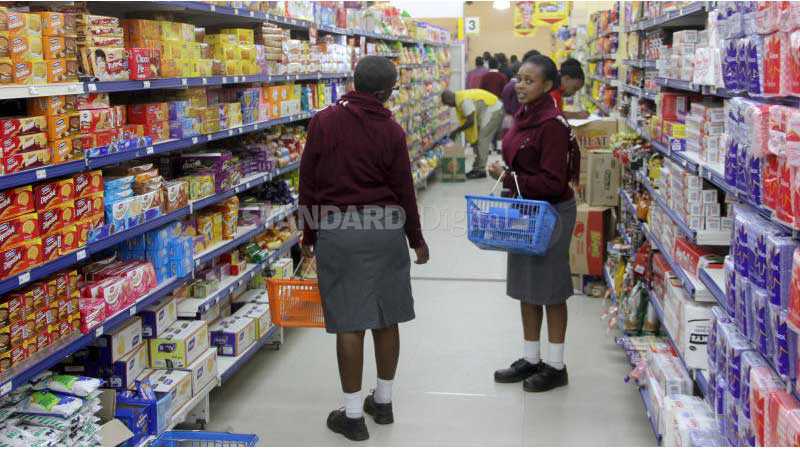×
The Standard e-Paper
Home To Bold Columnists

Milk and bread are among the basic items whose prices will rise sharply in July after enactment of planned broad changes on taxation laws that also touch companies.
Applying a uniform rate of 16 per cent on all items would see the prices rise by a similar margin.